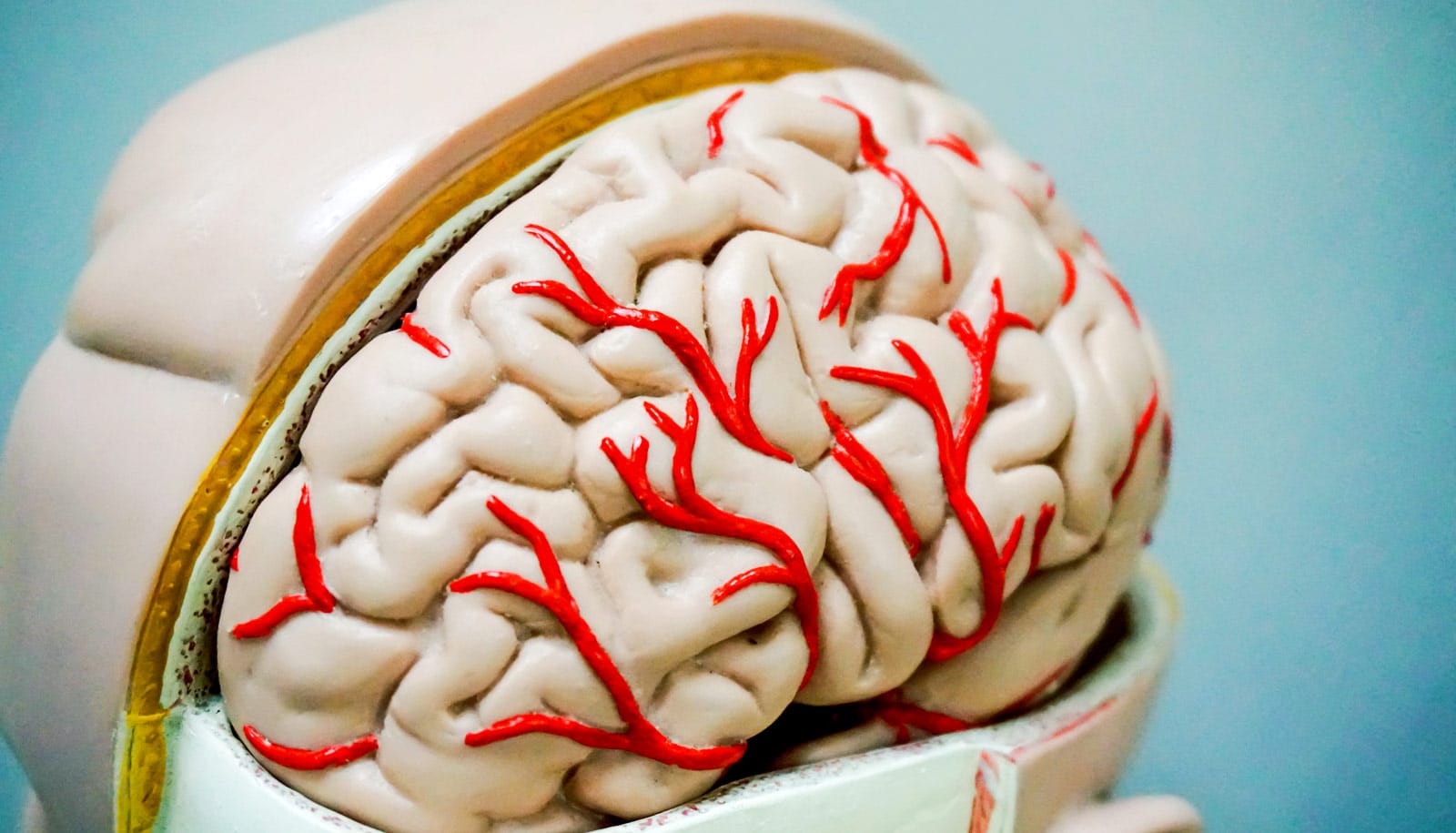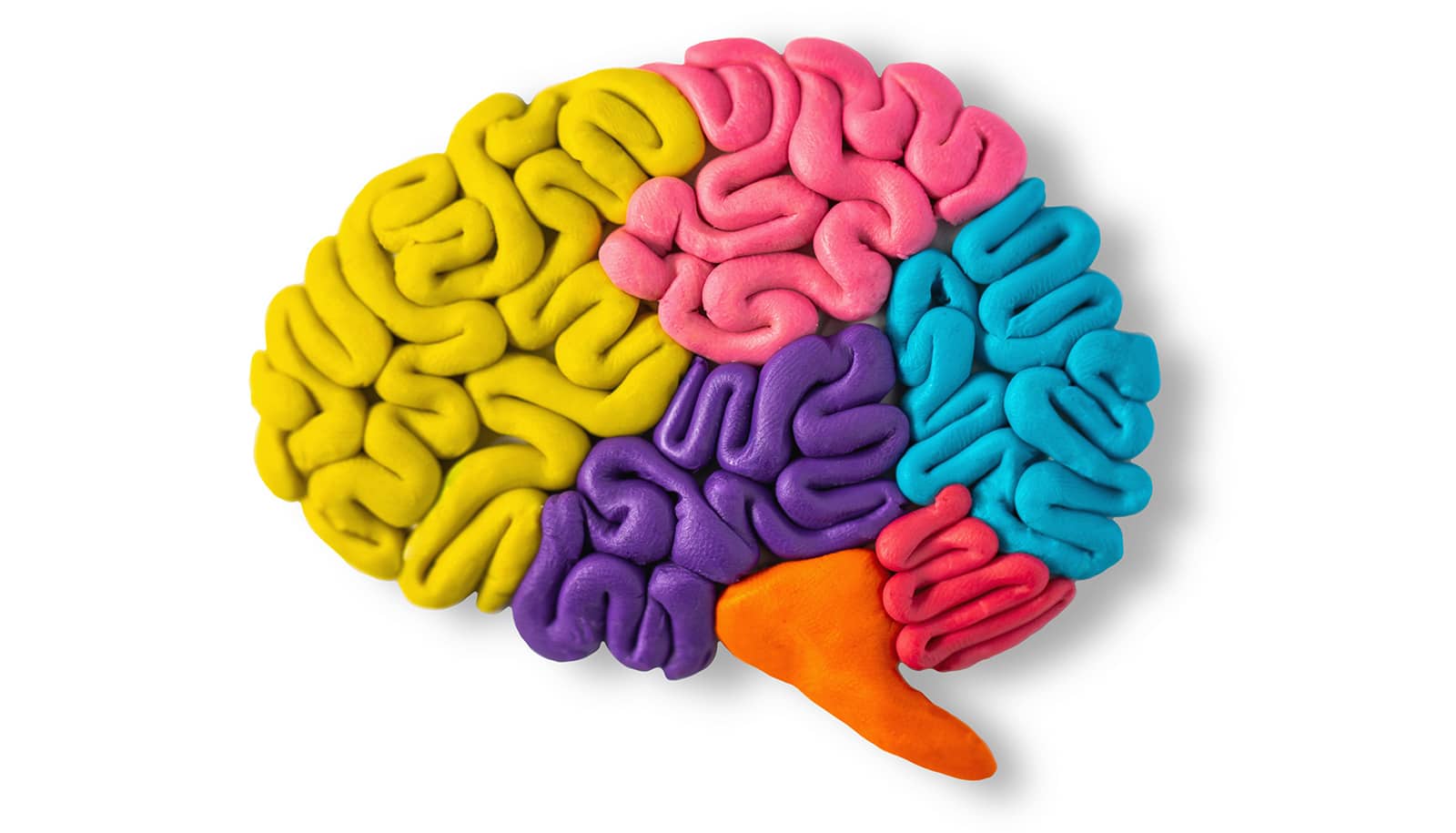Scientists have identified two molecules that protect nerve cells after a traumatic brain injury and could lead to new drug treatments.
The molecules promote full recovery after traumatic brain injury in mice, according to the new study in Neurobiology of Disease.
Traumatic brain injury is the leading cause of death for people under 45 years old in the United States and is associated with disability, early-onset dementia, cognitive disorders, mental illness, and epilepsy.
Nearly all approaches for treating TBI focus on trying to prevent neurons, or nerve cells, from degenerating or on attempting to promote their survival, the study notes. TBI typically alters neural circuits within injured brain regions.
“The big issue with treatment after TBI is that there are no drugs that work well on patients to restore memory, and we’re targeting reconnectivity of neural circuitry,” says senior author Bonnie L. Firestein, a professor in the cell biology and neuroscience department at Rutgers University-New Brunswick.
“That means we want our neurons to function properly and connect with other neurons. We want to allow people to retain their cognition and ability to remember and learn, so our angle is novel.”
Blood test could spot traumatic brain injury
The researchers studied the protein cypin, an enzyme that breaks down guanine, which is an important building block for DNA and RNA in cells. The scientists previously showed that cypin is involved in promoting the proper shape in neurons and “keeping them happy,” Firestein says.
The new study found that speeding the breakdown of guanine protects neurons from injury and retains brain functioning.
Scientists at Rutgers–New Brunswick, the University of Pennsylvania, Columbia University, and Fox Chase Chemical Diversity Center Inc. want to develop drugs from the molecules for further studies.
Source: Rutgers University



